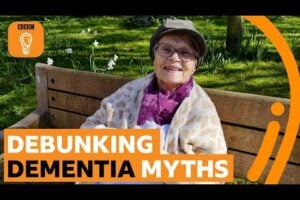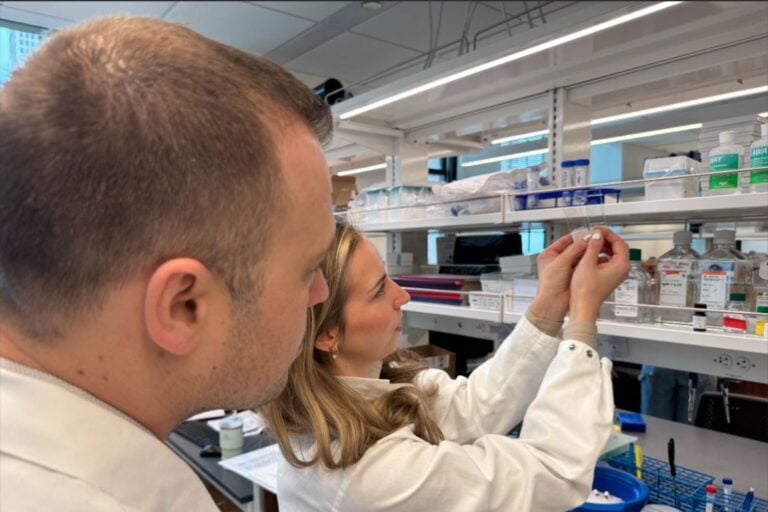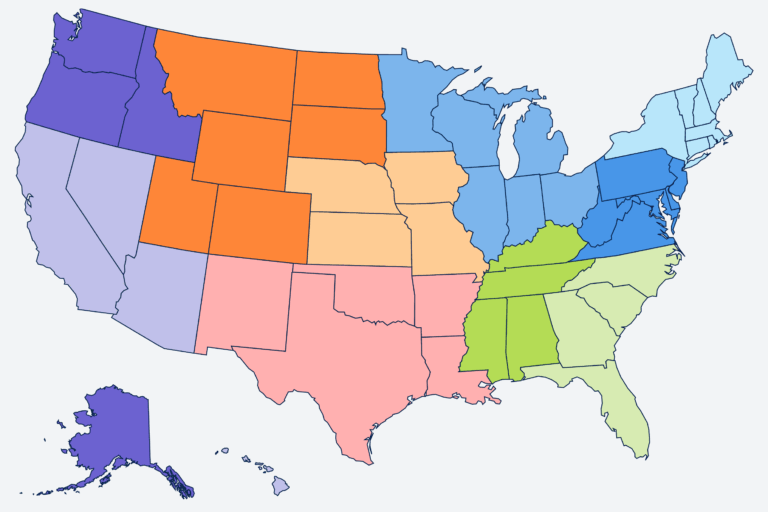Most people with Alzheimer’s have the late-onset Alzheimer’s, in which symptoms become apparent in the mid-60s and later. The causes of late-onset Alzheimer’s are not yet completely understood, but they likely include a combination of genetic, environmental, and lifestyle factors that affect a person’s risk for developing the disease.
Dementia Books & Videos on Amazon:
FREE Newsletter:
Researchers have not found a specific gene that directly causes the late-onset form of the disease. However, one genetic risk factor—having one form of the apolipoprotein E (APOE) gene on chromosome 19—does increase a person’s risk.
APOE
APOE comes in several different forms, or alleles:
- APOE ε2 is relatively rare and may provide some protection against the disease. If Alzheimer’s disease occurs in a person with this allele, it usually develops later in life than it would in someone with the APOE ε4 gene.
- APOE ε3, the most common allele, is believed to play a neutral role in the disease—neither decreasing nor increasing risk.
- APOE ε4 increases risk for Alzheimer’s disease and is also associated with an earlier age of disease onset. A person has zero, one, or two APOE ε4 alleles. Having more APOE ε4 alleles increases the risk of developing Alzheimer’s.
APOE ε4 is called a risk-factor gene because it increases a person’s risk of developing the disease. However, inheriting an APOE ε4 allele does not mean that a person will definitely develop Alzheimer’s. Some people with an APOE ε4 allele never get the disease, and others who develop Alzheimer’s do not have any APOE ε4 alleles.
A method called whole genome sequencing determines the complete DNA sequence of a person’s genome at a single time.
Using an approach called genome-wide association study (GWAS), researchers have identified a number of regions of interest in the genome (an organism’s complete set of DNA, including all of its genes) that may increase a person’s risk for late-onset Alzheimer’s to varying degrees.
Genetic Testing
A blood test can identify which APOE alleles a person has, but results cannot predict who will or will not develop Alzheimer’s disease. It is unlikely that genetic testing will ever be able to predict the disease with 100 percent accuracy, researchers believe, because too many other factors may influence its development and progression.
Currently, APOE testing is used in research settings to identify study participants who may have an increased risk of developing Alzheimer’s. This knowledge helps scientists look for early brain changes in participants and compare the effectiveness of treatments for people with different APOE profiles. Most researchers believe that APOE testing is useful for studying Alzheimer’s disease risk in large groups of people but not for determining any one person’s risk.
Genetic testing is used by researchers conducting clinical trials and by physicians to help diagnose early-onset Alzheimer’s disease. However, genetic testing is not otherwise recommended.
Major Alzheimer’s Genetics Research Efforts Underway
The National Institute on Aging supports several major genetics research programs.
- The Late-Onset Alzheimer’s Disease Genetics Study is gathering and analyzing genetic and other information from 1,500 or more families in the United States with two or more members who have late-onset Alzheimer’s.
- The International Genomic Alzheimer’s Project (IGAP) is comprised of four consortia in the United States and Europe that have been working together since 2011 on genome-wide association studies (GWAS) involving thousands of DNA samples and shared data sets. In a study of more than 74,000 individuals, IGAP reported the identification of 19 novel regions of interest that are associated with the disease.
- The Genetics of Alzheimer’s Disease Data Storage Site (NIAGADS) is a national genetics data repository that gives investigators access to data to study the genetics of late-onset Alzheimer’s disease.
- The National Cell Repository for Alzheimer’s Disease (NCRAD) is a national resource that helps researchers find genes that increase the risk of Alzheimer’s by providing biological samples and data.
Volunteers are critical to Alzheimer’s disease genetics research. The more genetic information that researchers can gather and analyze from individuals and families—both healthy volunteers and those who may be at risk—the more clues they will have for finding additional risk-factor genes.
To learn more about Alzheimer’s genetics studies, contact NCRAD toll-free at 1-800-526-2839 orvisit http://ncrad.iu.edu.
To learn more about volunteering for Alzheimer’s clinical trials and studies, visitwww.nia.nih.gov/alzheimers/volunteer.
SOURCE:
National Institute on Aging – Alzheimer’s Disease Education and Referral Center












